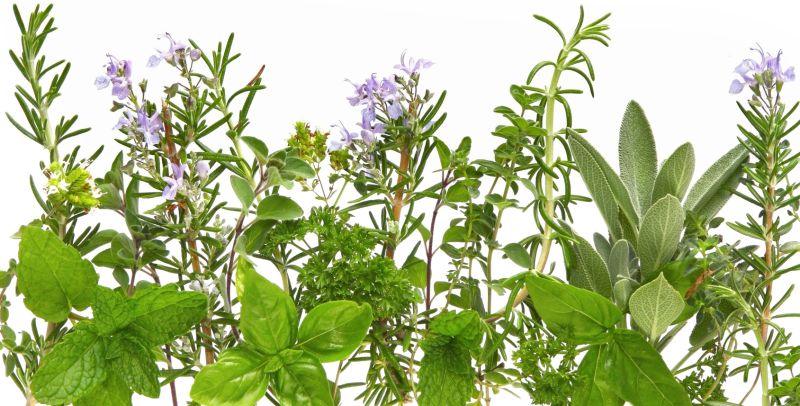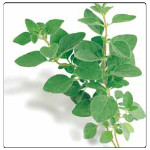This article will provide you with 5 herbs that will grow best in the hardiness zone you are in. There are 13 hardiness zones in North America, divided according to temperature and climate. They help gardeners determine which plants will most likely thrive in their location. Herbs need lots of sun and regular watering to grow well. So, unfortunately, most herbs won’t grow on Zones 1 and 2 due to to their short growing season and cold weather.
Herbs and spices give character to any dish. But they do more than just improve the taste, they also provide several health benefits. Many herbs are rich in antioxidants and other substances that can help fight diseases. They can also serve as natural remedies to common ailments.
You can start an herb garden outdoors in your backyard, or indoors if you don’t have much space. By growing your own food, you can make sure you get the safest and freshest ingredients. Homegrown food always tastes better too.
Start Here
- You can find which zone you belong to using this interactive map.
- Then scroll down to your zone for 5 of the best herbs to grow and why
Here Are The Top 5 Herbs That Grow
Well In Each Hardiness Zone
Starting With Zone 3
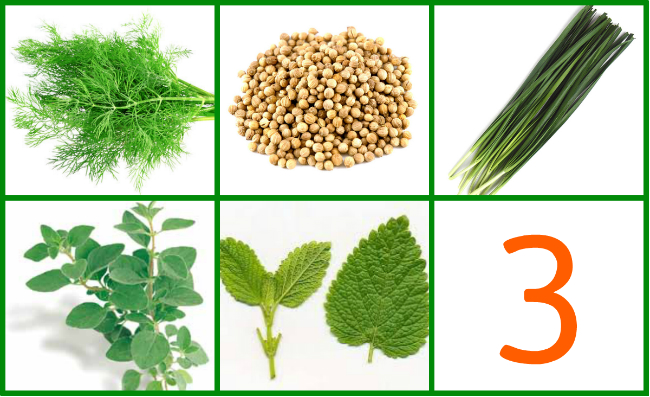
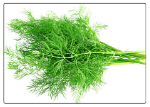
Dill
- Why it’s good for you: Dill is rich in vitamins A and C. It also contains compounds that fight off cancer, promote healthy digestion, improve bone health, treat diabetes, and so much more.
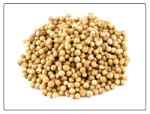
Coriander
- Why it’s good for you: The seeds can be used as remedy for a number of digestive problems which include loss of appetite, nausea, upset stomach, bowel spasms, diarrhea and intestinal gas. Coriander can be used to treat toothaches, measles, hemorrhoids and joint pain. It can also treat bacterial and fungal infections.
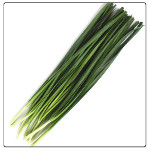
Chives
- Why it’s good for you: Chives are rich in antioxidants, phytochemicals and vitamins A and C.
Oregano (Greek)
- Why it’s good for you: It is rich in antioxidants that can help boost the immune system. It also has antibacterial, anti fungal and even anti-inflammatory properties. It can also treat flue and common cold as well as fight diseases such as cancer.

Lemon Balm
- Why it’s good for you: Lemon balm is used for digestive problems such as vomiting, upset stomach and bloating. Additionally it used to relieve menstrual cramps, toothache and headache. This herb is believed to reduce anxiety and stress.
Zone 4
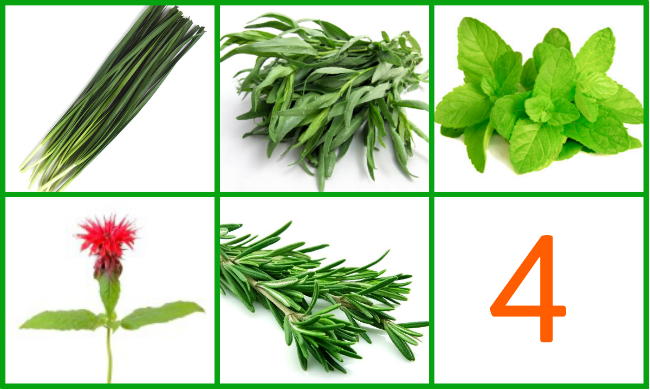
Chives
- Why it’s good for you: Chives are rich in antioxidants, phytochemicals and vitamins A and C.
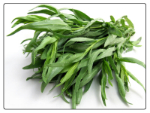
Tarragon
- Why it’s good for you: This herb is rich in nutrients and phytochemicals that help boost the immune system and fight off many diseases. It can be used to treat anorexia because it stimulate appetite. This herb will relieve a toothache.

Mint
- Why it’s good for you: This herb can improve digestion and treat hangovers. It is good against heartburn and tension headaches. Other health benefits include relief from dysmenorrhea, morning sickness, itch, toothache, cough and colds.
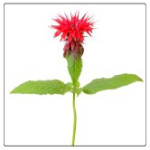
Bee Balm
- Why it’s good for you: It’s used to relieve minor muscle and joint pains as well as a sore throat. It’s a natural antiseptic. It can be made into a refreshing herbal tea to drink before bedtime.
Rosemary
- Why it’s good for you: Rosemary contains enzymes that can control cholesterol levels and weight gain. It is also said to be effective against hair loss.
Zone 5
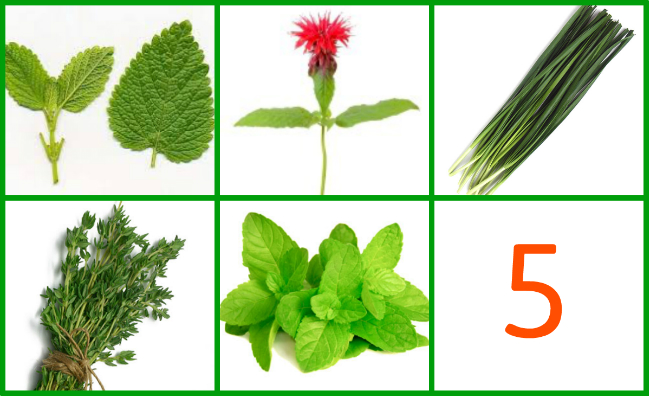
Lemon Balm
- Why it’s good for you: Lemon balm is used for digestive problems such as vomiting, upset stomach and bloating. Additionally it used to relieve menstrual cramps, toothache and headache. This herb is believed to reduce anxiety and stress.

Bee Balm
- Why it’s good for you: It’s used to relieve minor muscle and joint pains as well as a sore throat. It’s a natural antiseptic. It can be made into a refreshing herbal tea to drink before bedtime.
Chives
- Why it’s good for you: Chives are rich in antioxidants, phytochemicals and vitamins A and C.

Thyme
- Why it’s good for you: Thyme is used to treat a number of ailments which include whooping cough, bronchitis, sore throat and even arthritis. It is also used to treat digestive problems and upset stomach.
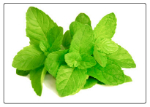
Mint
- Why it’s good for you: This herb can improve digestion and treat hangovers. It is good against heartburn and tension headaches. Other health benefits include relief from dysmenorrhea, morning sickness, itch, toothache, cough and colds.
Zone 6
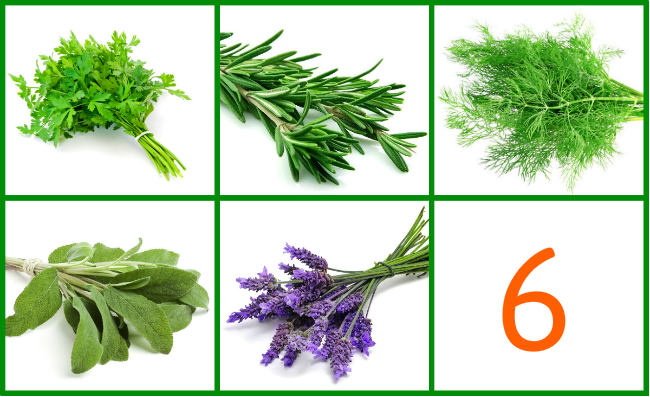

Parsley
- Why it’s good for you: This herb can help regulate blood pressure. Parsley is rich in many vitamins such as C, K, A and B12; this herb can boost the immune system, heal the nervous system and improve bone health. It is also believed to fight off cancer. It helps the kidneys by getting rid of the body’s excess fluids. It can be eaten regularly to relieve joint pain. Parsley can be made into tea which will help loosen stiff muscles and promote healthy digestion.
Rosemary
- Why it’s good for you: Rosemary contains enzymes that can control cholesterol levels and weight gain. It is also said to be effective against hair loss.
Dill
- Why it’s good for you: Dill is rich in vitamins A and C. It also contains compounds that fight off cancer, promote healthy digestion, improve bone health, treat diabetes, and so much more.

Sage
- Why it’s good for you: Sage improves memory and can help patients suffering from mild Alzheimer’s disease. Sage is also a cooling herb which makes it effective against hot flashes and cold sores.
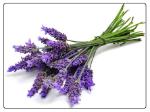
Lavender
- Why it’s good for you: Lavender flower and oil is used as medicine. Lavender oil can be applied to the scalp to promote hair growth. It has anti-inflammatory and antibacterial properties. It is used to treat bug bites, minor burns and relieve headaches. Lavender oil has a soothing effect, that’s why it is used to treat anxiety, depression and insomnia. Other uses include treating nausea, vomiting and upset stomach.
Zone 7
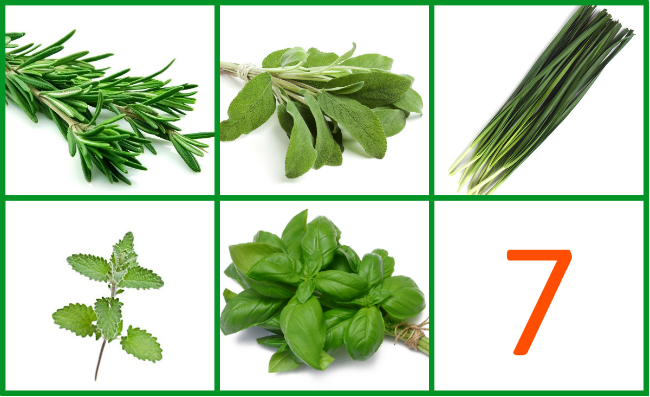

Rosemary
- Why it’s good for you: Rosemary contains enzymes that can control cholesterol levels and weight gain. It is also said to be effective against hair loss.
Sage
- Why it’s good for you: Sage improves memory and can help patients suffering from mild Alzheimer’s disease. Sage is also a cooling herb which makes it effective against hot flashes and cold sores.
Chives
- Why it’s good for you: Chives are rich in antioxidants, phytochemicals and vitamins A and C.
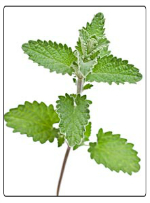
Catmint
- Why it’s good for you: Catmint tea is very useful in treating fever and colds because it induces sweat and sleep. It can also be used to treat anxiety and restlessness. It is believed to cure insanity.
Basil
- Why it’s good for you: This herb is said to relieve headache and treat fever, common cold and cough. Basil may also reduce anxiety and stress and improve the immune system as a whole.
Zone 8
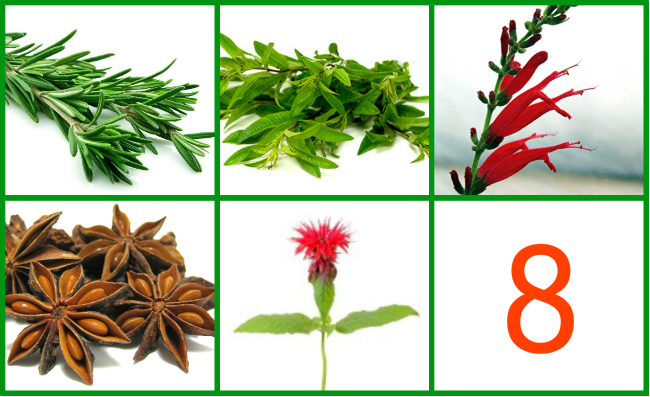

Rosemary
- Why it’s good for you: Rosemary contains enzymes that can control cholesterol levels and weight gain. It is also said to be effective against hair loss.

Lemon Verbena
- Why it’s good for you: Drink a cup of verbena tea to de-stress and re-egernize. It is used by many to fight depression and other ill effects of stress. It also promotes healthy digestion.

Pineapple sage
- Why it’s good for you: Pineapple sage is traditionally used to lower blood pressure and to treat anxiety. Scientific studies also suggest that it may have antidepressant properties.
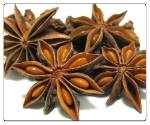
Star Anise
- Why it’s good for you: Star anise is effective against menstrual discomfort. Some people apply this herb directly to the skin to treat psoriasis, scabies and lice.

Bee Balm
- Why it’s good for you: It’s used to relieve minor muscle and joint pains as well as a sore throat. It’s a natural antiseptic. It can be made into a refreshing herbal tea to drink before bedtime.
Zone 9
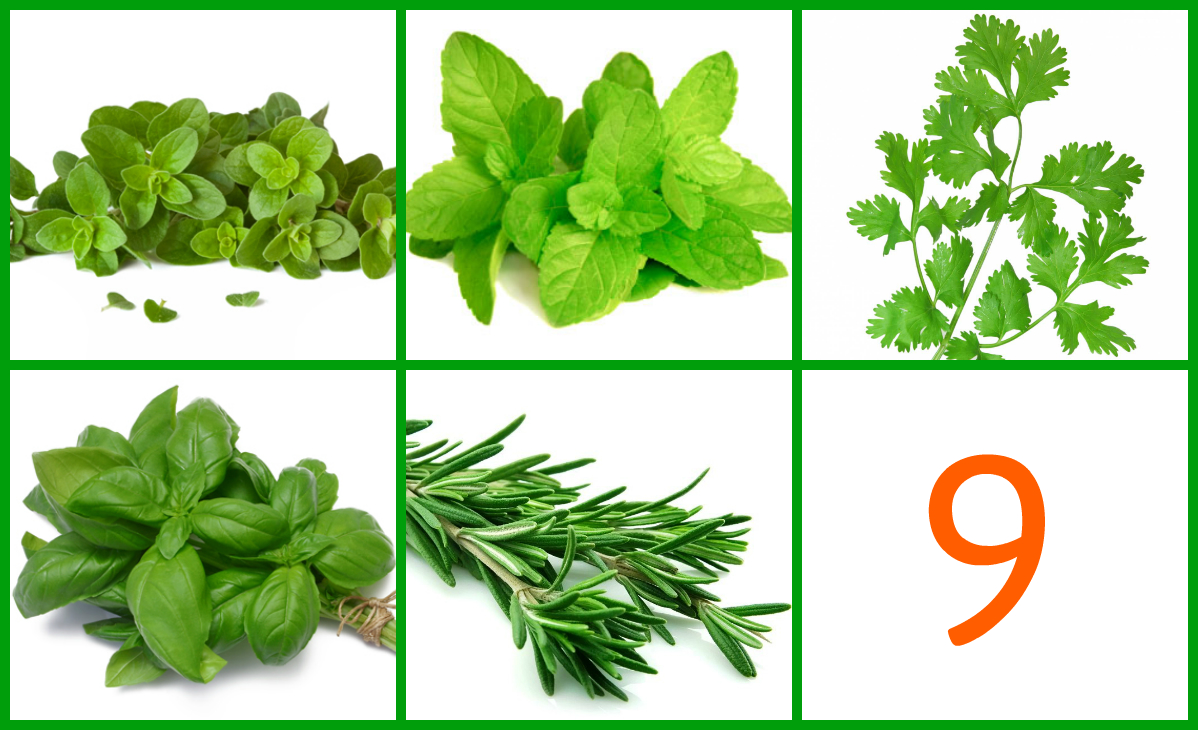

Oregano (Italian)
- Why it’s good for you: It is rich in antioxidants that can help boost the immune system. It also has antibacterial, antifungal and even anti-inflammatory properties. It can also treat flue and common cold as well as fight diseases such as cancer.

Mint
- Why it’s good for you: This herb can improve digestion and treat hangovers. It is good against heartburn and tension headaches. Other health benefits include relief from dysmenorrhea, morning sickness, itch, toothache, cough and colds.
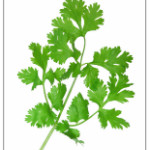
Cilantro
- Why it’s good for you: Cilantro, or coriander leaves, is one of the few herbs that have the ability to detoxify the body from heavy metals. It is a good source of vitamins A, C and K. It also has antiseptic and analgesic properties. It can aid in digestion.
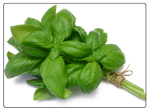
Basil
- Why it’s good for you: This herb is said to relieve headache and treat fever, common cold and cough. Basil may also reduce anxiety and stress and improve the immune system as a whole.

Rosemary
- Why it’s good for you: Rosemary contains enzymes that can control cholesterol levels and weight gain. It is also said to be effective against hair loss.
Zone 10
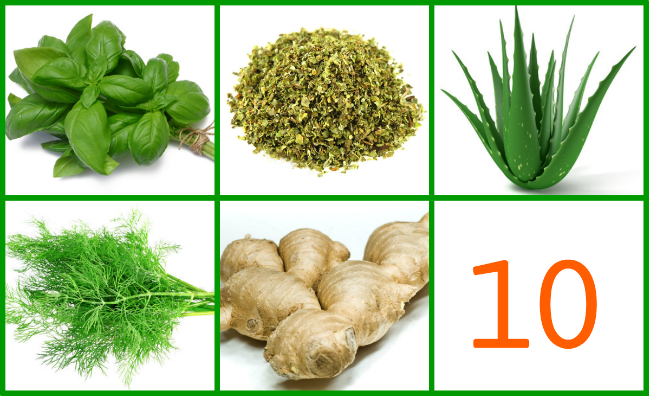

Basil
- Why it’s good for you: This herb is said to relieve headache and treat fever, common cold and cough. Basil may also reduce anxiety and stress and improve the immune system as a whole.
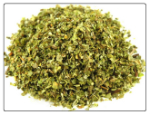
Marjoram
- Why it’s good for you: Marjoram is rich in Iron, Calcium and Vitamins A and C. It is also packed with antioxidants to help you fight common diseases. It helps promote healthy digestion and improves the cardiovascular system. It also has anti-inflammatory properties. It is believed to reduce stress, treat anxiety and insomnia.

Aloe Vera
- Why it’s good for you: Aloe vera has been used for medicinal and cosmetic purposes. It has long been used to make ointment for burns, rashes, cuts and insect bites. It is also possibly effective as treatment for cold sores, psoriasis and even constipation.

Dill
- Why it’s good for you: Dill is rich in vitamins A and C. It also contains compounds that fight off cancer, promote healthy digestion, improve bone health, treat diabetes, and so much more.

Ginger
- Why it’s good for you: Ginger has very powerful anti-inflammatory properties and can be used to relieve joint pain due to arthritis. Ginger tea is effective against sore throat and nose congestion. It is also used as treatment for nausea, dizziness, menstrual cramps and morning sickness.
